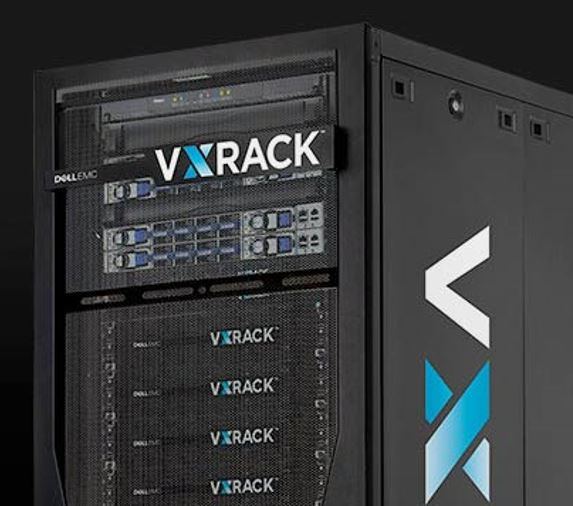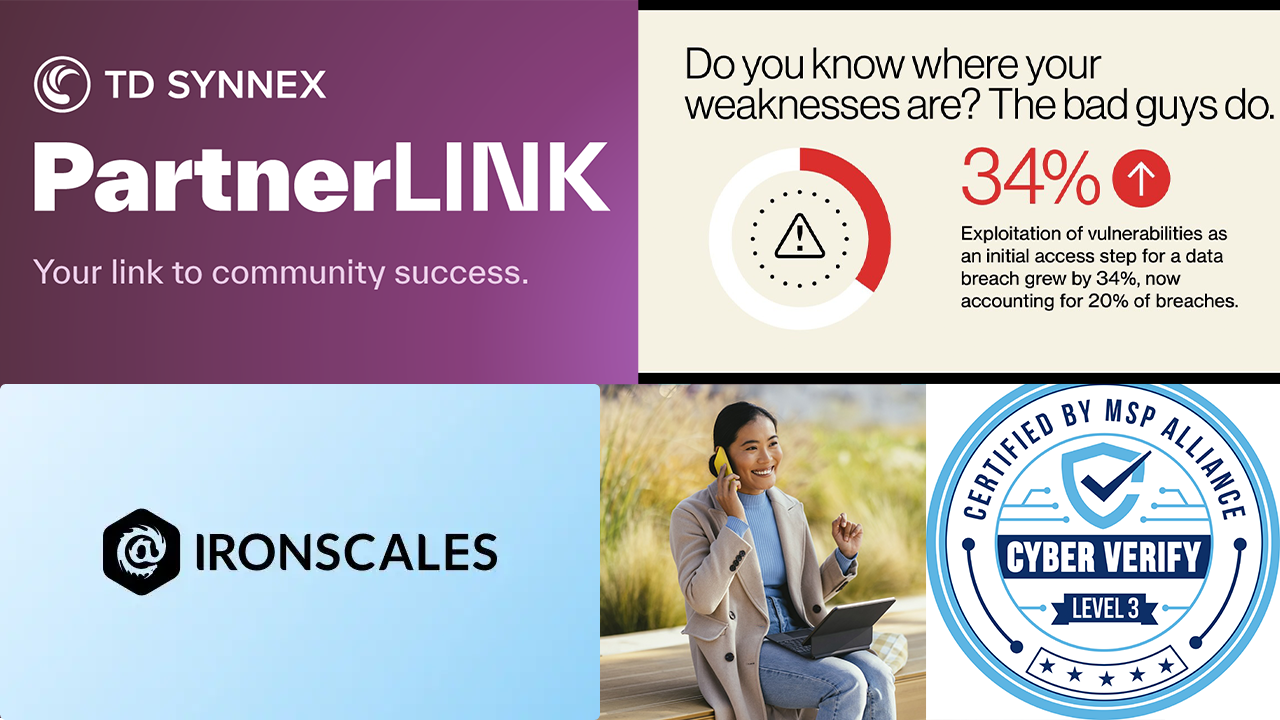Dell EMC has added pay-as-you-go pricing to its line of hyperconverged infrastructure appliances for Microsoft’s Azure Stack private cloud platform.
Announced in conjunction with the 2018 edition of the Microsoft Inspire partner conference, which is currently underway in Las Vegas, the new payment option arrives on the same day as Dell EMC’s first Azure Stack HCI unit with all-flash storage, newly integrated encryption key management software, and the preview release of automated patching and firmware updating capabilities.
The subscription pricing for Dell EMC’s Azure Stack product family is offered through Cloud Flex, a program from Dell Financial Services that allows customers to eliminate steep upfront bills for new hardware by paying via monthly invoices instead. Customers can return purchased hardware after 12 months with no financial penalty.
“This really de-risks their adoption of Azure Stack,” says Paul Galjan, senior director of Microsoft Hybrid Cloud for Dell EMC of the new payment plan.
By enabling people to purchase Azure Stack hardware the same usage-priced way they buy Azure Stack software from Microsoft, Galjan continues, “flexible consumption” pricing will also make deploying the Microsoft platform a more attractive option for businesses—especially small and midsize ones—that shy away from large capital expenditures for new technology.
“I think it’s just going to expand the market for us,” Galjan says.
Orderable immediately, the all-flash configuration of Dell EMC’s VxRack Azure Stack product is designed to deliver millisecond response times while producing less heat and consuming less power. It also reduces storage-related space requirements from two rack units to one.
All-flash VxRack SKUs feature 25G top-of-rack switches as well. “You’ll see more than double the performance,” Galjan says.
Software enhancements for VxRack offerings include integration with Dell EMC’s policy-based SecureVM encryption key management solution. Available immediately through Microsoft’s Azure Stack Marketplace, SecureVM now includes “geo-fencing” functionality that allows administrators to apply different policies to offsite and onsite workloads.
“You can prevent something that can only run on premises from running in public cloud,” notes Galjan, adding that companies using Azure Stack in hybrid cloud deployments have an especially great need for that capability.
Now in preview, Dell EMC’s automated patch and update software allows VxRack Azure Stack users to roll out disk, motherboard, and other firmware changes centrally and with minimal hands-on effort.
“Instead of sitting down to a console and taking the hours required to manually update each node with the appropriate firmware, customers will simply download the package from Dell EMC, point it to the Azure stack they want it to update, and the orchestration tool will, after about five minutes of console time, go in and do all of the necessary moving of workloads between the nodes, and do it all in the background,” Galjan says.
The new system supplements Microsoft’s own automated Azure Stack software updates and existing automated deployment software from Dell EMC. According to Galjan, it also reduces human error and makes deploying Azure Stack in remote locations more practical for businesses without local IT resources at those sites.
Introduced last summer, Azure Stack is a bundled, private cloud version of the underlying technologies that power the Microsoft Azure public cloud. Though adoption of the product has been heavier among larger businesses, according to Galjan, interest has been growing among SMBs.
“Early on, the hardware requirements were quite steep,” he says, noting that access to consumption-based pricing through Cloud Flex should fuel further SMB demand.
Dell EMC is far from the only manufacturer adding subscription-priced options for its hardware. Hewlett Packard Enterprise‘s GreenLake Flex Capacity subscription service, for example, enables customers to buy software-defined infrastructure, all-flash storage, private cloud systems, and other on-premises products on a pay-per-use basis. HPE opened that program to its channel partners last month.
Distributors Ingram Micro Inc. and Tech Data both offer as-a-service hardware purchasing options too.
Such offerings are increasingly in demand among companies eager to buy all of their IT assets through the same recurring monthly payments they’ve long made for cloud-based software. According to IDC, pay-as-you-go subscriptions will account for up to 40 percent of enterprise IT infrastructure spending by 2020.
†














